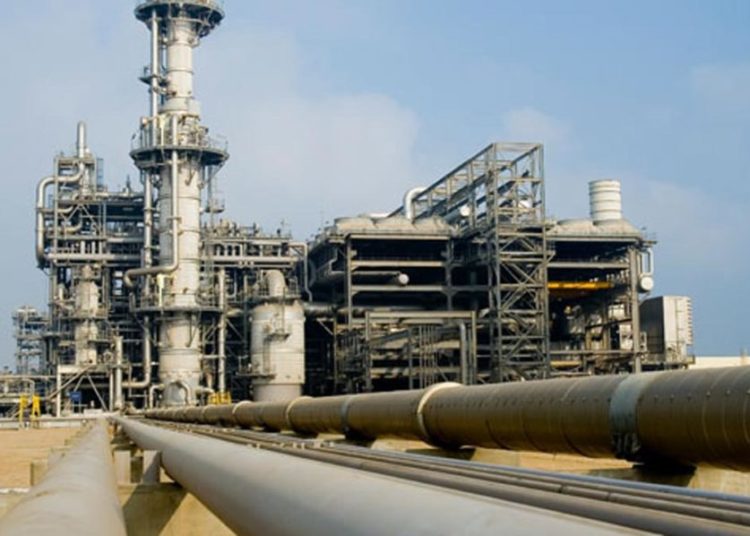The recent Memorandum of Understanding, MoU, signed by Nigeria, Algeria and Niger Republic, to facilitate a 4,000-kilometer (2,500-mile) Trans-Saharan Gas Pipeline (TSGP) has rekindled hope for export of Nigeria’s huge gas potentials.
It is estimated that, once the $13 billion (€12.75 billion) pipeline is complete, it will transport up to 30 billion cubic meters (1 trillion cubic feet) of gas annually from Nigeria, through Niger and on to Algeria, across the Sahara desert.
From there, it would be pumped through the undersea Trans-Mediterranean Pipeline to Europe or loaded onto Liquefied Natural Gas tankers for export.
The idea was first proposed over 40 years ago, but progress stalled and the new momentum comes as the European Union seeks to wean itself off Russia’s gas during the war in Ukraine.
The gas will come from Algeria, Egypt and Nigeria, which will account fully for 80 per cent of African gas yields between 2022 and 2025, according to the African Energy Chamber’s State of African Energy Q2 2022 Report.
Algeria, Egypt and Nigeria will also account for about 60 per cent of the continent’s total LNG production capacity during the same period, even as construction moves ahead on new facilities, the report says.
Of 257.5 billion cubic meters, bcm, of gas extracted in Africa in 2021, Nigeria contributed 45.9 bcm translating to nearly 18 per cent.
Additionally, out of 75.3 million tonnes per annum, mtpa, of Africa’s gas liquefaction capacity Nigeria contributes 22.2 mtpa, as the country is home to a plant that makes up nearly 66 per cent of sub-Saharan Africa’s total LNG production capacity of 33.8 mtpa.
The Federal Government says the project presents a huge opportunity for Nigeria. According to Chief Timipré Sylva, Minister of State for Petroleum Resources, “This project is going to take the gas all the way from where it is produced, to the European market. And it cannot be a better time, because gas prices are quite firm at this point.
“I believe that it is a very good time for us to take advantage of very high gas prices globally,” Sylva said.
Executive Chairman, African Energy Chamber, NJ Ayuk, said the project would help Africa contribute to sustained and diversified supply that consuming countries are looking for, and particularly the European Union, which is its market of proximity.
Head, gas and power of Quest Energy, George Amara, noted that the project will help to actualise government’s National Gas Expansion Plan (NGEP) or the Gas Master Plan.
The country’s main liquefaction project is the Nigeria Liquefied Natural Gas (NLNG) which operates about six trains with production capacity of 22MTPA.
We’ve got the edge. Get real-time reports, breaking scoops, and exclusive angles delivered straight to your phone. Don’t settle for stale news. Join LEADERSHIP NEWS on WhatsApp for 24/7 updates →
Join Our WhatsApp Channel










